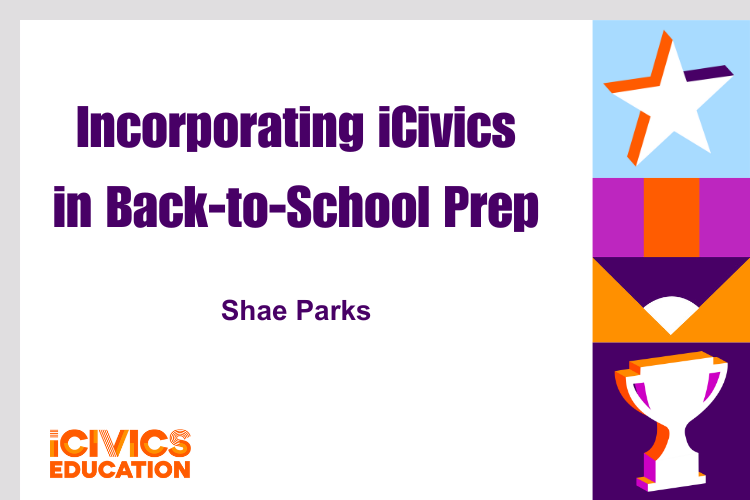Educator Blog

Educator Blog
The best spot to get the inside scoop on new products, learn from fellow educators, and hear directly from the iCivics team.

Incorporating iCivics in Back-to-School Prep
It’s that time of the year again, and no matter what help you need prepping for the school year, iCivics is here to help. Are you an experienced teacher who has used iCivics for years? Or maybe a veteran teacher who is teaching civics for the first time? Or even
All Posts
Ready to dig in?
Lorem ipsum dolor sit amet, consectetur adipiscing elit. Ut elit tellus, luctus nec ullamcorper mattis, pulvinar dapibus leo. Lorem ipsum dolor sit amet, consectetur adipiscing elit.
Get access to our full and comprehensive civics curriculum for all of your instructional needs.
Monitor student progress, manage classes, and assign games in one place with our single-sign solutions, including Google and Clever.
Use our resources to help your students become informed, more curious, and more engaged in civic life.

